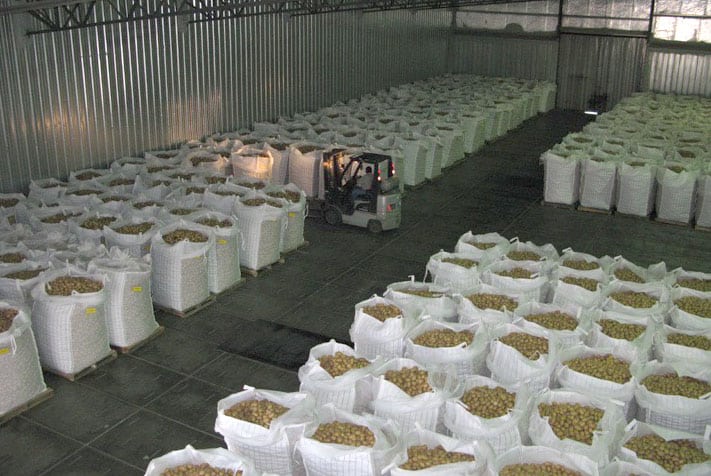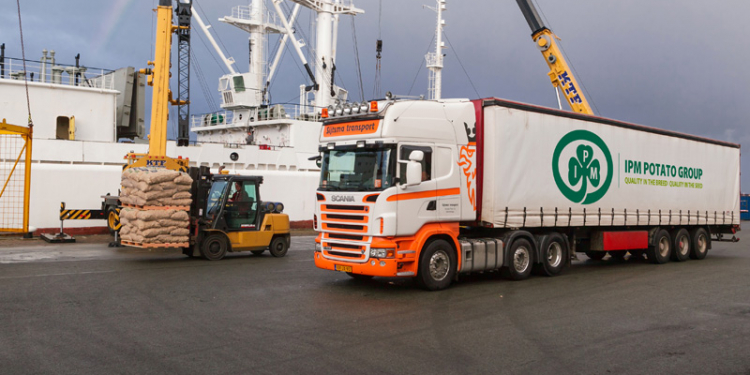The seed potato sector has been left disappointed by confirmation that there will be no relaxation of the EU ban on imports of seed potatoes from the UK.

The matter was discussed at a meeting of the EU’s Standing Committee on Plant, Animal, Food and Feed (SCOPAFF) last Friday (January 29) but a letter sent to Defra immediately afterwards made it clear that the ban would not be lifted. Briefing Scottish growers and politicians, Defra Secretary George Eustice said it was a ’surprising outcome’ and that the EU had rejected ’a scientifically sound case’.
At stake is a 22,000 tonne export business from Scotland to continental Europe and Ireland. The issue hinges around the EU recognising that Scottish plant health standards are equivalent to its own standards.
Mr Eustice and his officials had written to SCOPAFF on January 10 asking for the matter to be reconsidered under Article 44 of the Plant Health regulations but this was rebuffed on the grounds that the UK had consistently refused to consider ’dynamic alignment’, a process which would involve the UK keeping in step by changing standards whenever the EU made a change. Gordon Rhind, of Aberdeenshire group Saltire Potatoes, pointed out negotiations were already under way with buyers from Spain and Portugal for Spring 2022 and this trade could easily be lost to competitors.
There is however a negotiating lever available to Mr Eustice. The ban only works one way at the moment with seed potato imports allowed from the EU to England until the end of June, mostly to allow processing growers to access controlled varieties which they are contracted to grow.
“We may have to reconsider extending that,” said Mr Eustice.
Andrew Skea, of Skea Organics, Dundee said: “Agreement on any of this now looks unlikely before planting time. “Seed growers will be taking a big gamble planting varieties for supply to the EU next season.

“If Defra, as suggested, takes a harder line on imports from the EU then English growers will have to decide which varieties they would grow instead. “We could grow seed for them in Scotland but if the UK does allow imports in again we could be left with material we could not then sell.”








